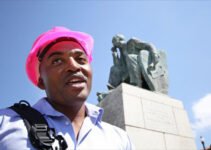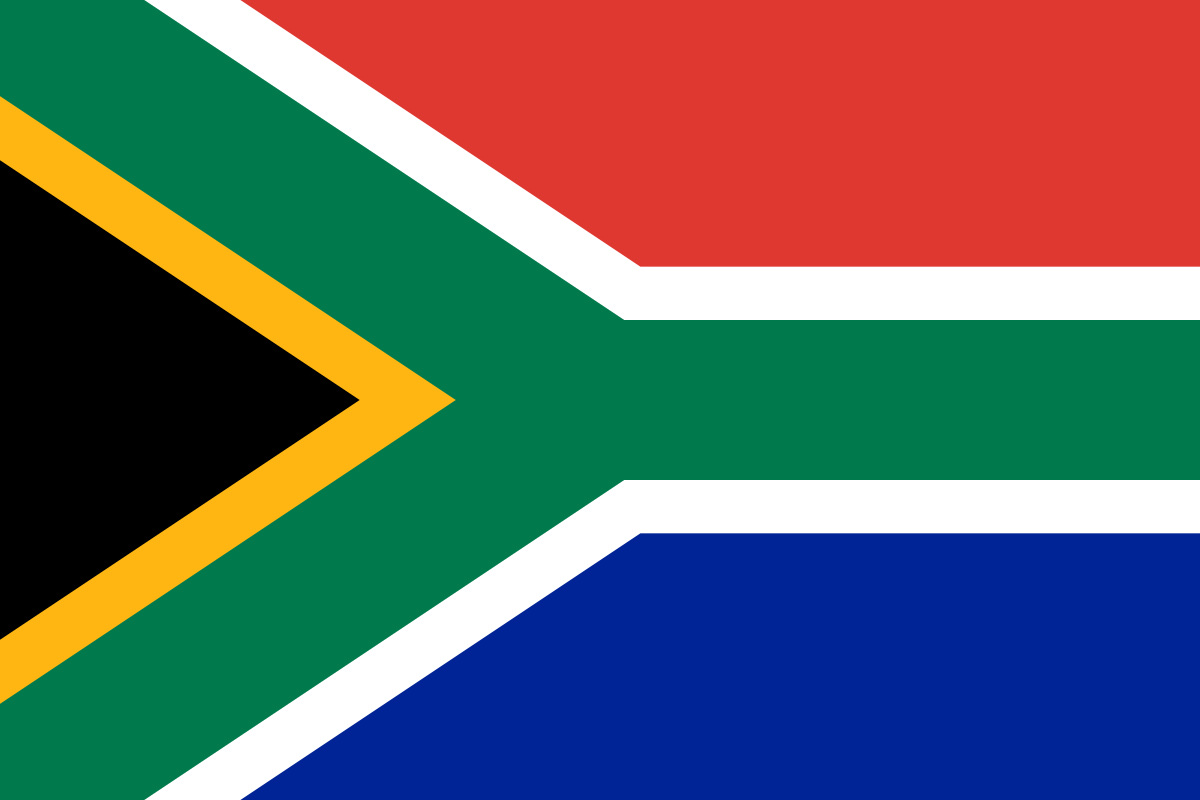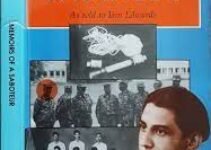As the sun paints the South African sky on April 14, the whispers of the past echo in the air. Like many threads woven into the nation’s vibrant tapestry, this date holds stories waiting to be unearthed. We embark on a journey of exploration, delving into the triumphs, tragedies, and turning points that mark April 14 in South Africa’s history.

2004: The third democratic election in South Africa is held
In 2004, South Africa held its third democratic election. The leading party, the ANC, received 67.7% of the votes. The election marked a decade of democracy in the country, with an increase in voter abstention and boycott campaigns.
1993: Nelson Mandela appeals for calm after the assassination of Communist Party chief, Chris Hani
In 1993, Chris Hani, former Secretary-General of the South African Communist Party and chief commander of uMkhonto weSizwe (MK), was assassinated outside his home by Janusz Walus, an anti-Communist Polish immigrant. Hani died instantly. The assassination led to unrest and violence that claimed more than 70 lives.
1994: Lesotho’s deputy Prime Minister shot
Lesotho’s Deputy Prime Minister Selometsi Baholo is shot dead by dissident soldiers during a kidnapping attempt. Four cabinet ministers are seized. Parliament adjourns. Lesotho’s President Mokhehle appeals for South African intervention, but his request is turned down. SADF is asked to urge Lesotho to keep calm to avoid a military coup or international sanctions.
1990: Nelson Mandela admits to the torture of dissident guerrillas
Nelson Mandela admits that members of the ANC had tortured dissident guerrillas, but says the officials involved have been punished and that any further torture has been banned.
1986: Desmond Tutu is elected Archbishop
Desmond Tutu was elected Archbishop of South Africa in 1986, becoming the first Black person to hold the office. He retired from the position in 1996 to chair the Truth and Reconciliation Commission.
1970: UN Special Committee on Apartheid urges a boycott of all SA racist sporting organizations
In 1970, the International Olympic Committee banned South Africa from the Olympic Games due to the country’s racist sporting organizations. This resulted in South Africa’s exclusion from the 1972 Olympic Games in Munich, where eleven Israeli Olympians were murdered by Palestinian terrorists.
1904: Pastor Sekano Ntoane is born
S.G. Sekano Ntoane was a church moderator and pastor of the Dutch Reformed Church in Africa. He played a significant role in laying the foundation of the DRCA Synod and is remembered for his positive leadership and good human relations. A high school in Soweto is named after him.
1886: Maggie Laubser is born
Maggie Laubser, born on 14 April 1886, was a renowned South African painter. She developed a unique pastoral style after training with German Expressionists in Berlin. Laubser was a member of the South African Society of Artists and received many awards throughout her career.



